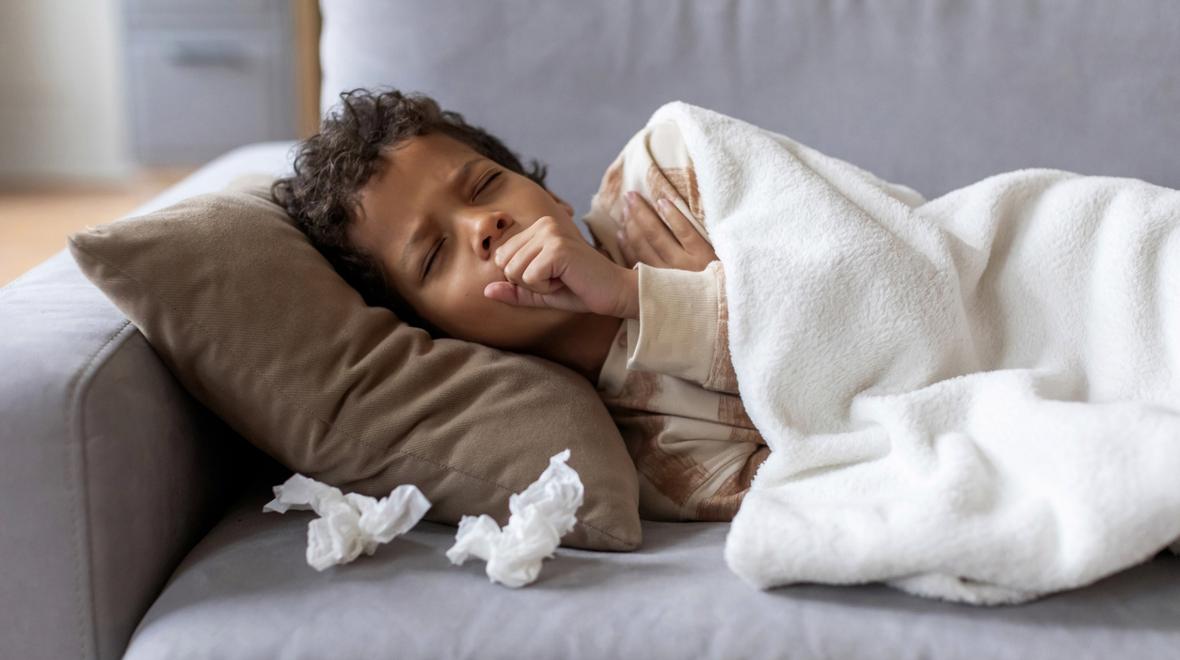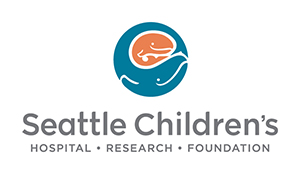
Photo:
iStock
Your child wakes up not feeling well and you need to decide what to do. You make your assessment by taking their temperature or noticing that they aren't acting or looking normal, then call daycare or school to report their absence. Next, you start the process of figuring out how to help your child feel more comfortable. Sound familiar?
As viral season ramps up, this scenario is playing out in many homes. The tricky thing is that it’s not always easy to know how to help your child feel better while preventing the illness from spreading to others.
This excerpted post was originally published on the Seattle Children’s website.
Gather clues
It can be hard to get your child to accurately describe how they’re feeling. Is their throat sore? Does their head hurt? Do they have chills? Is their appetite normal? And what do the answers to those questions mean?
The symptoms of respiratory illnesses overlap so it can be hard to guess your child’s diagnosis. If you’re trying to tell the difference between a cold and the flu, one difference is that a cold is typically centered on the nose. With the flu, your child feels like their whole body is sick. They may have headaches, muscle aches, chills and a high fever. Most often, the flu comes on quicker than a cold and it makes them feel more exhausted than when they have the sniffles.
COVID-19 symptoms can overlap with cold and flu symptoms, but may also include nausea, vomiting, diarrhea and shortness of breath.
Mild RSV symptoms can include low grade fever, cough, runny nose or congestion, sneezing, poor feeding and fussiness.
Make a game plan for treatment
If your child is younger than 5 and has flu symptoms, call their doctor. If your child of any age has a chronic health condition and has flu or COVID-19 symptoms, call their doctor. Your doctor may prescribe antiviral medicine to prevent serious health problems from COVID-19 or the flu.
Also, call their doctor right away if your child has:
- trouble breathing (faster or harder)
- neck pain
- convulsions
- a fever of 104 degrees Fahrenheit or higher
- is less than 8 weeks old and has a fever over 100.4 degrees Fahrenheit
- rash
- signs of dehydration (has not wet a diaper or gone pee in eight hours)
You know your child best. If your child doesn’t look or seem right, please talk with their doctor.
Most kids with only mild viral illness symptoms can be treated at home. While over-the-counter medicine manufacturers lead us to believe that there’s a ‘just-right’ medicine for each combination of symptoms, it’s best to focus on treating how your child feels, rather than their symptoms. The goal is to help your child feel better and prevent the spread of their illness to others.
“It’s OK for your child to have a fever! It’s the body’s natural response to infection,” said Dr. Yasaman Fatemi, who specializes in infectious diseases at Seattle Children’s.
If you believe your child is uncomfortable because of fever and is older than three months old, you may give acetaminophen (Tylenol) every four hours while there is fever. If your child is older than six months old, you can give acetaminophen or ibuprofen (Advil or Motrin) every six hours. Use the measuring tool that comes with the medicine to give the right amount based on your child's weight and follow all instructions on the package. Call your child’s doctor if you have any questions about medicine. If your child has any chronic medical conditions, call their doctor before giving medicine.
Rest is important whether a cold, the flu, RSV or COVID-19 is causing your child’s illness. If fever is present, keep your child cool by avoiding overdressing or piling on lots of blankets. Encourage quiet activities and naps. Offer small amounts of fluid frequently, even if your child doesn’t feel thirsty. Water, juice, decaffeinated tea, popsicles and broth are good choices. A cool-mist humidifier or saltwater nose drops can help with cough and congestion.
Prevention is key
Immunization is crucial to help keep children and teens healthy and safe. It strengthens the immune system and teaches the body to fight certain diseases. Vaccines reduce the chances of getting ill and protect those who do get ill from potentially serious outcomes. Here are the current recommendations for seasonal vaccines:
Flu: The Centers for Disease Control (CDC) recommends that everyone ages 6 months of age and older (with rare exceptions) receive a flu vaccine each year.
COVID-19: The CDC recommends that everyone ages 6 months and older gets an updated 2024–2025 COVID-19 vaccine this fall, whether or not they’ve previously received a COVID-19 vaccine.
RSV: People pregnant during RSV season can get an RSV vaccine when they are between 32 and 36 months pregnant. It protects babies from RSV from birth to 6 months.
There is a preventative medicine for infants under 8 months who are born during or entering their first RSV season. The medicine is also helpful for some older babies who are at high risk for severe RSV illness and are entering their second RSV season.
In addition to getting vaccines, Dr. Fatemi urges everyone to “Wash your own, and your child’s hands thoroughly and often, avoid others who are sick, get enough sleep and stay hydrated.”
More resources for parents |











